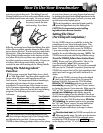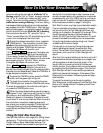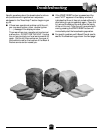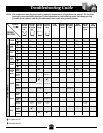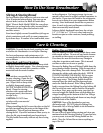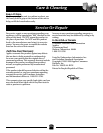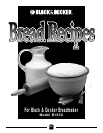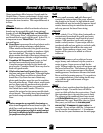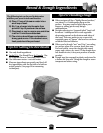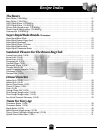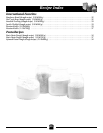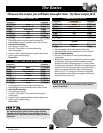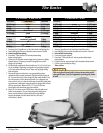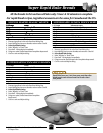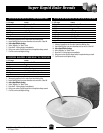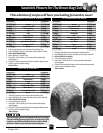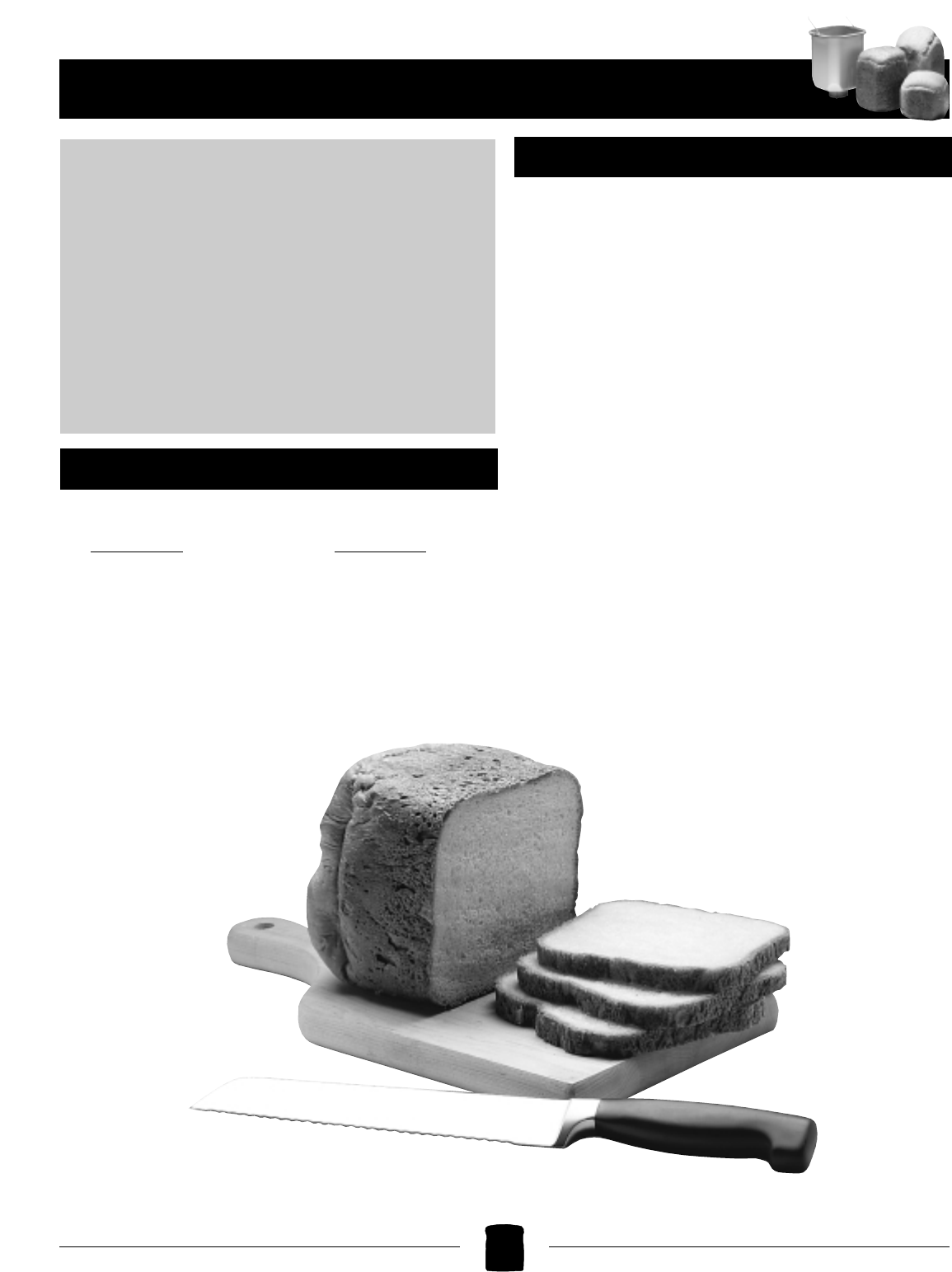
● Use only fresh ingredients.
● I
n the U.S.: Use Bread Flour; I
n Canada: Use
All-Purpose Flour or Canadian Bread Flour.
● Use lukewarm water – not cold water.
● Measure ingredients accurately and level off
dry ingredients with the flat side of a knife or
metal spatula. (See page 8 for measuring
techniques).
● When recipes call for a “lightly floured surface,”
use about 1 to 2 tablespoons flour on the
surface. You may want to lightly flour your
fingers or rolling pin for easy dough
manipulation.
● Recipes referring to a “greased/oiled” bowl call
for about 1 tablespoon oil or soft vegetable
shortening spread on the bottom and sides of
the bowl. You may prefer to use a non-stick
vegetable spray to “grease” the bowl to cut down
on added fats and calories.
● When you let dough “rest” and “rise” according
to a recipe, place it in a warm, draft-free area.
For best results, cover the dough with waxed
paper and a clean, dry towel. If the dough does
not double in size, it may not produce a tender
product.
● Dough may be wrapped in plastic and stored in
a freezer for later use. Bring the dough to room
temperature before using.
Bread & Dough Ingredients
The following test can be used to determine
whether your yeast is stale and inactive:
A) Place 1/2 cup of lukewarm water into a
small cup or bowl.
B) Stir 1 tsp. of sugar into the water then
sprinkle 2 tsp. of yeast over the surface.
C) Place bowl or cup in a warm area and allow
to sit for 10 minutes undisturbed.
D) The mixture should foam and produce a
strong yeast aroma. If this does not occur,
fresh yeast should be purchased.
Tips For Getting The Best Results
Tips For Handling Dough
18



